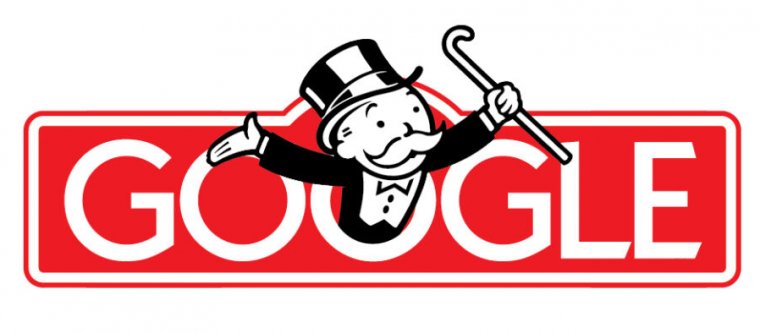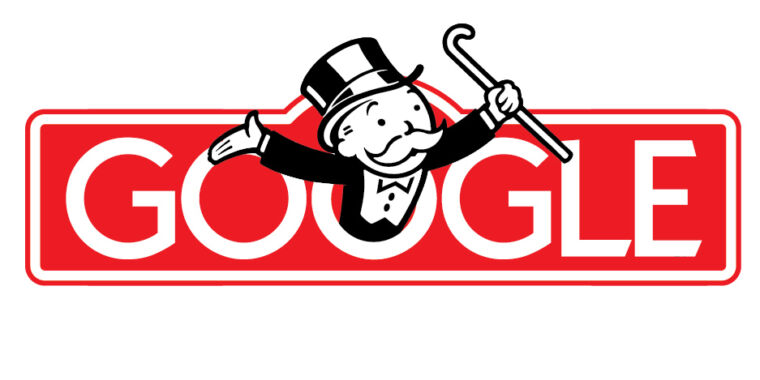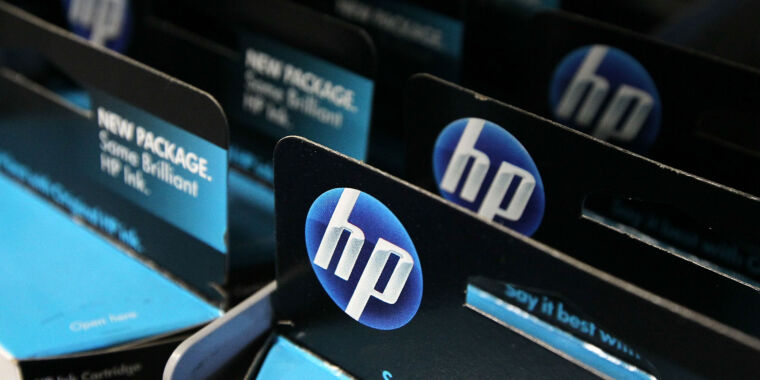
Ron Amadeo / Hasbro
Google has lost its latest battle with European Union regulators. This morning, the EU General Court upheld Google’s record fine for bundling Google Search and Chrome with Android. The initial ruling was reached in July 2018 with a 4.34 billion euro fine attached, and while that number has been knocked down to 4.125 billion euro ($4.13 billion), it’s still the EU’s biggest fine ever.
The EU takes issue with the way Google licenses Android and associated Google apps like the Play Store to manufacturers. The Play Store and Google Play Services are needed to build a competitive smartphone, but getting them from Google requires signing a number of contracts that the EU says stifles competition.
The Commission zeroed in on three unlawful restrictions. First, Google bundles Google Chrome and Search with Android. The company requires Android manufacturers to sign a “Mobile Application Distribution Agreement” (MADA) contract, which says that manufacturers that want to include one Google product must include a large collection of them and make Google the default. There are even requirements for where icons and widgets should be placed.
The second unlawful restriction is the contract’s “anti-fragmentation agreement,” which says that anyone who creates a fork of Android, even as a separate product or under a different brand, will have their company’s Google app license instantly revoked. The third issue concerns Google’s revenue-sharing agreements, which give manufacturers adhering to all these rules a share of the Google search and Google ad revenue that a customer generates.
The EU Commission found that “the objective of all those restrictions was to protect and strengthen Google’s dominant position in relation to general search services and, therefore, the revenue obtained by Google through search advertisements.”
-
The original ballot screens. In the EU, these will pop up when users open the Play Store or during initial setup.
Google -
The updated version has a new design and scrolls to show more search providers.
-
Chrome will also give users the option to pick an alternate search engine.
Google
While the appeal has only just been shot down, Google’s solutions for its issues were already rolled out around the time of the initial ruling. In the EU, Google took a page out of Microsoft’s antitrust compliance book, and Android now shows browser and search engine ballots that let users pick a non-Google option. Google says it used the ad revenue from default Google apps to fund Android development, and now that these apps don’t have to be included, manufacturers can choose to pay for Android directly instead of getting it for free. If manufacturers don’t bundle Google’s apps, Google will charge as much as $40 per phone in the EU. The EU also forced Google to allow partners to build Android forks without facing retribution from the company. You can now sell Google Play Android and a forked device based on Android next to each other without getting kicked out of the ecosystem.
In response to the ruling, a Google spokesperson told Ars, “We are disappointed that the Court did not annul the decision in full. Android has created more choice for everyone, not less, and supports thousands of successful businesses in Europe and around the world.”
This is Google’s second big loss in the EU courts. The company was also fined 2.4 billion euro for bundling Google shopping with search and 1.5 billion euro for bundling search and advertising. In total, Google has been fined 8.25 billion euro in the EU.








